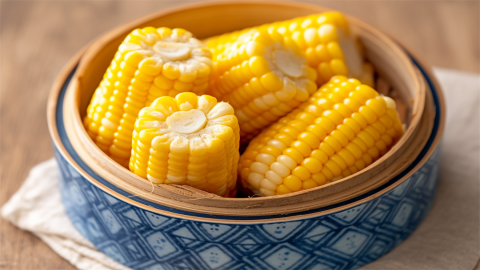Who should not eat cornmeal?
People who should avoid cornmeal generally include those allergic to corn, individuals with weak gastrointestinal function, people with poor blood sugar control, those suffering from indigestion, and individuals sensitive to gluten. The details are as follows:

1. Corn-allergic individuals: These people have allergens in their bodies that react specifically to components of corn. Consuming cornmeal may trigger allergic reactions such as skin itching, rashes, diarrhea, and difficulty breathing. They should completely avoid eating it.
2. Individuals with weak gastrointestinal function: Cornmeal is rich in dietary fiber and has a relatively coarse texture. This can increase the digestive burden on the stomach and intestines, possibly leading to discomfort such as bloating, abdominal pain, and increased flatulence. In particular, those with weak spleen and stomach function should be cautious.
3. People with poor blood sugar control: Cornmeal is a staple food and has a relatively high glycemic index. Consumption can easily cause rapid fluctuations in blood sugar levels, which is unfavorable for stable glucose control. Diabetic patients should strictly limit or avoid intake.
4. Individuals with indigestion: People with indigestion already suffer from insufficient digestive enzyme secretion and weakened digestive function. The dietary fiber and starch in cornmeal are difficult to fully digest, potentially worsening symptoms such as bloating, belching, and reduced appetite.
5. Gluten-sensitive individuals: During the production process, some cornmeal may become contaminated with gluten-containing ingredients like wheat. Gluten-sensitive individuals may experience gastrointestinal discomfort, fatigue, and weakness after consumption. They should either choose highly purified cornmeal or avoid it altogether.
When consuming cornmeal, individuals should consider their own physical condition—those with allergies must completely avoid it. When cooking, it's best to prepare it until soft and thoroughly cooked to reduce digestive strain. If any discomfort occurs after eating, consumption should be stopped immediately.










